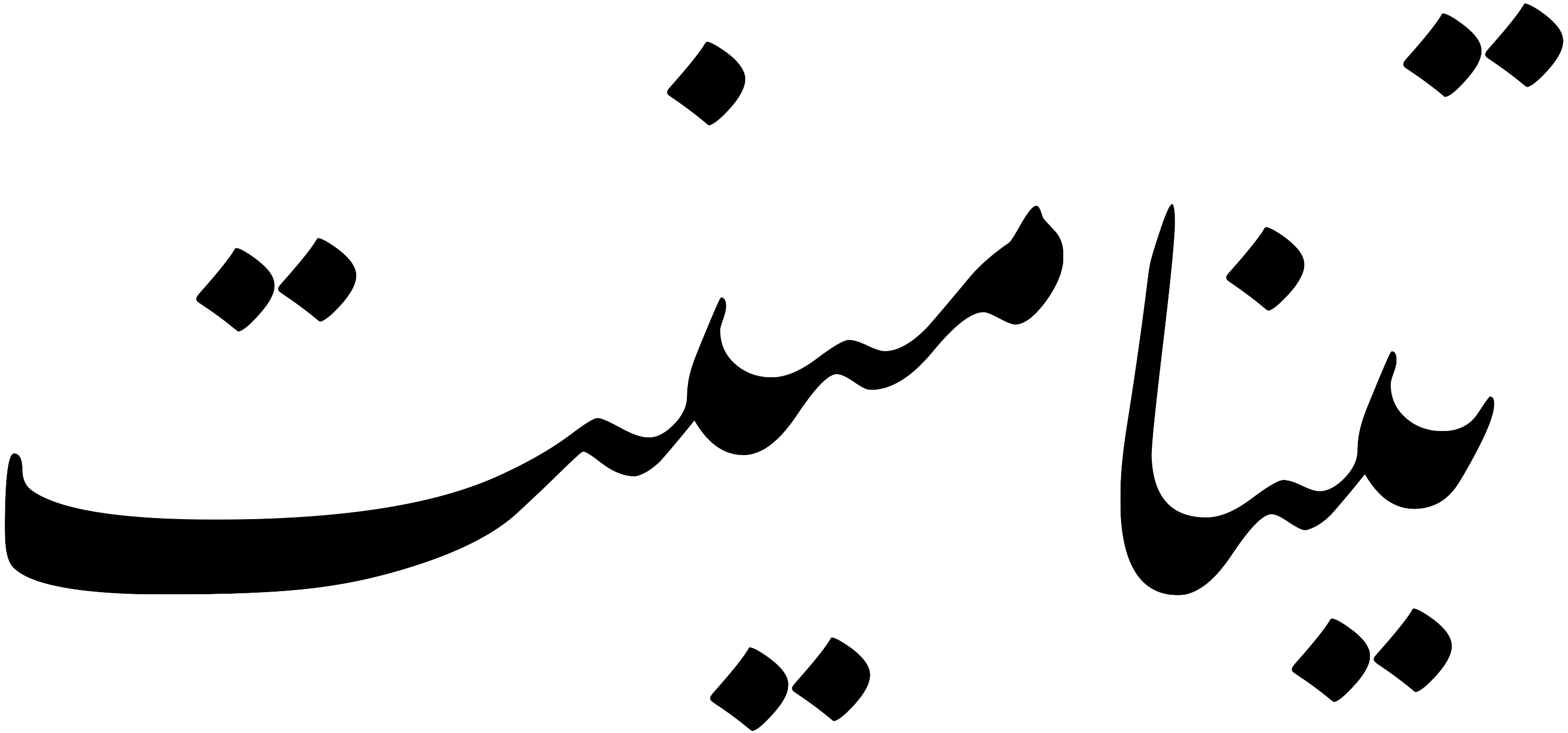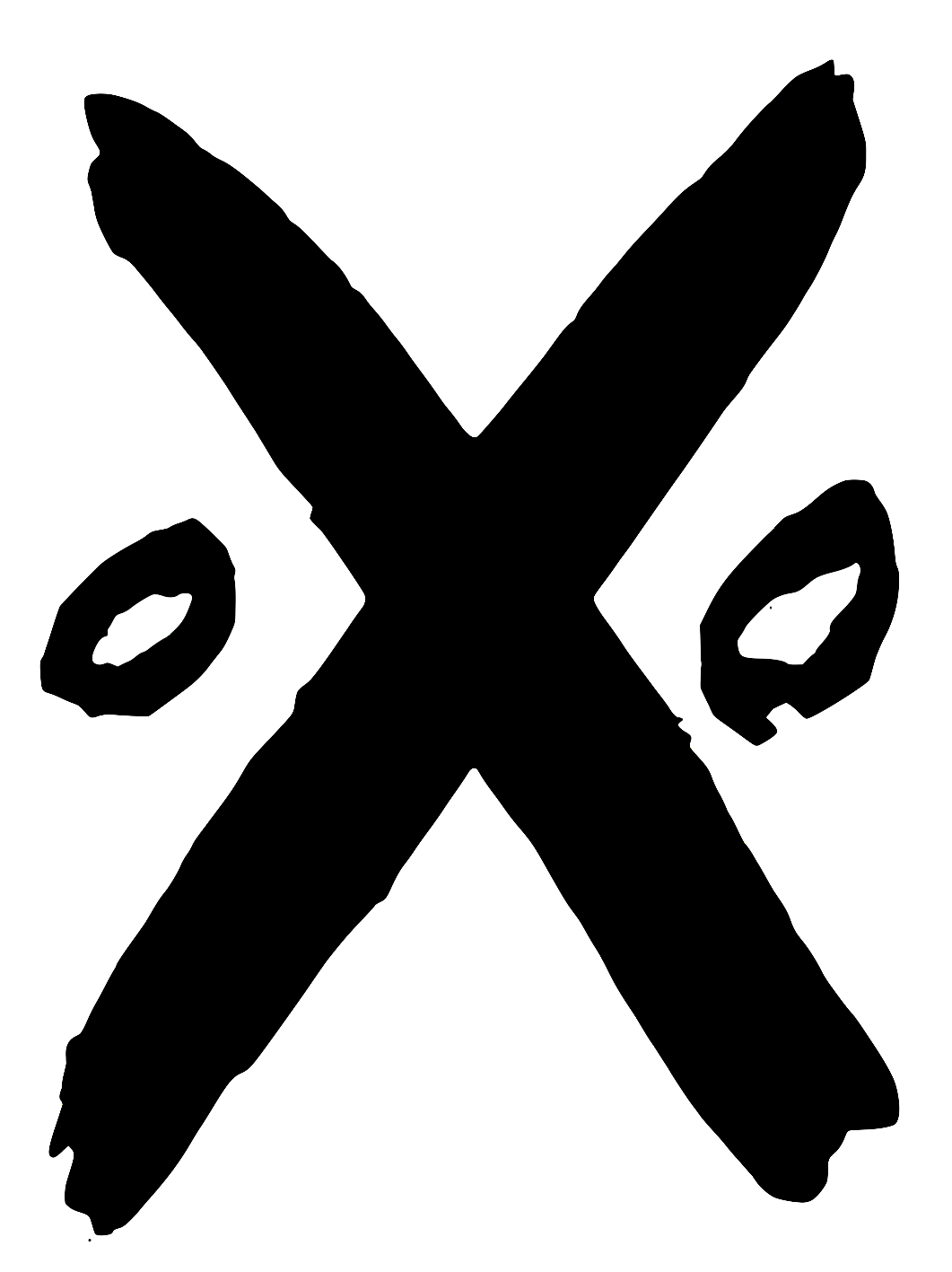Rehearsal / 47. Cecilie Lind
Translated from the Danish by Hazel Evans
![]()
![]()
An excerpt from a novel. Order direct
from Prototype Publishing here.
Translated from the Danish by Hazel Evans


Left—Cecilie Lind, photographed by Lærke Posselt,
© 2019.
Right—Joseph Decker. ‘Green Plums’ (1885)
℅ the National Gallery of Art (Washington DC, USA).
Right—Joseph Decker. ‘Green Plums’ (1885)
℅ the National Gallery of Art (Washington DC, USA).
An excerpt from a novel. Order direct
from Prototype Publishing here.
THE GARDEN IS FALLEN / THE GRASS IS DRY & HOT
2020
I’m thirteen.
And I’m like a tree shaken through by the wind.
The birds are chirping in the garden.
I was born in a red house with long, green curtains with long,
green fringes. I was born in the bath. A quick, merciful birth.
I slid right out.
Like she was shelling a boiled almond, my mum.
What a birth, what a breeze, said the midwife, handing Dad
the scissors with which he struggled to cut the rubbery cord.
The midwife said she’d never seen such a beautiful baby.
Such bright eyes.
My mum was 39 and my dad 52 when they had me. I was
the child they’d dreamt of since they met. I was a dream.
What they longed to be. A family. I was their miracle.
My parents had dreamt me so much up and into their hands,
into their lives, that when I finally arrived, I could only disappoint.
The dream child was enough child for them. The child
I was was too pale. Too quiet by day. Inconsolable by
night. Demanding. Grumpy.
I didn’t shine. I wasn’t a sun. The milk I regurgitated wasn’t
warm delight between my mum’s breasts. Something to be
brushed off with a wet wipe and a loving smile.
She called me, with reluctance, princess, but she never
managed to convince herself of the truth of the word. Princess.
The sound from their lips, in their call, hung behind me like
stench. Princess settled like a crick in my neck, held my head
high, proud, sick.
I grew towards the sky.
Fringe, eyes below, my fringe is a blind being lowered as slowly
as death is beckoning to me.
I take a swig of milk, and regret it. The milk is sour, I spit a
mouthful back into the glass.
Dad comes in, places a hand on my shoulder, hey sweetheart,
he says, taking the glass and gulping it down. Seemingly
immune to its taste.
I stretch my arms over my head. My breasts cast a shadow on
the wall. Dad’s eyes linger on the shadow a couple of seconds
before finding my face, he smiles and goes into the kitchen, to
Mum, who’s stood watching over a meat sauce and possibly
crying a bit into the pan, and they speak to each other, sharp
and hushed.
We’re out of cream. Mum says.
I go to the shop for half a litre. It’s hot. The sweat between my
breasts is bothering me. I cast about to see if there are any
cyclists, slip a hand between my breasts, rub up and down a bit
to get rid of the worst of the moisture. My hand slides around
my left breast, takes tentatively hold, it’s heavy and perky. It
feels like someone else’s.
This is the summer they’ve really grown out, and they’re mine.
I’m a plant. I shoot.
I feel powerful, I feel violated.
A car drives by, it slows down, it beeps.
I stick out my tongue, probably too late. I don’t think he saw.
All he saw was my butt, my back, my hair, my dress.
I know this summer belongs to me. It will obey me.
And I know Mum hates me for my strong, young body and my
long, light hair made even lighter by the sun.
It’s so light it’s nearly white.
They’re sold out of cream. The shop is small and warm.
Flies buzz about the fruit. The shopkeeper is counting coins,
her name is Gitte. She used to be my handball coach, now she
eyes my hesitation by the fridge, my superior beauty, bitterly.
I think she thinks I’m going to steal.
I return home empty-handed. Mum gives me hell, I roll my eyes.
She tells me to change into another dress. I refuse.
Summer rain heavy and mine. Like my breasts, like my future.
I go out into the weather in my white dress and let all the
raindrops soak me through.
Try to be as refined as possible.
Be toxic.
If you happened to brush up against me my skin would bloom
red boils.
Houses can swallow girls.
To break free, sometimes you have to smash a thing to bits.
Dad’s bottle of wine.
Mum sweeps the kitchen floor as quietly as she can. Then
mops with soggy kitchen roll.
I hide in my room. Admonished.
I’d been cheeky, stuck my tongue out, at Mum, after being
corrected, put the milk in the fridge, don’t drink from the
carton, my lipstick on the rim the evidence.
I held my tongue.
Refused to admit to my crime. My fingertips quivered in rage.
The rest of my body was statue.
Got hold of the bottle, hit it against the kitchen counter.
She gave me a slap, it sang. Suited me.
A rising sun, a blood moon.
Tears ran from my eyes, glittered down my cheeks. They showed
like snail trails in my powderskin.
The pink wallpaper. It owns me. I lie on my stomach in bed.
Watch the shadow of the tree as it dances.
The birds chirp. The garden is fallen. The grass is dry and hot.
The trees bear no fruit, they’re in bloom now, it’s summer.
I’m looking forward to the plums. The greeny-yellow ones.
Cecilie Lind studied at Forfatterskolen (The Danish Academy of Creative Writing), and debuted with Ulven åd min eyeliner / The Wolf Ate My Eyeliner (2010). Lind’s breakthrough in Denmark came with the publication of the highly acclaimed book-length poem Mit barn / My Child, which was shortlisted for the 2020 Critic’s Prize and the Politiken’s Literary Award. She was awarded The Native Language Prize in 2020, and Pigedyr / Girlbeast won the Danish Critics Prize in 2023. Lind’s most recent novel, Bristefærdig / Ripe, was published to critical acclaim in 2025.
Hazel Evans is an artist, writer and literary translator based near Aarhus, Denmark. She was the 2022/23 emerging translator for Danish to English at the National Centre for Writing, and her debut translation—Into a Star by Puk Qvortrup—was published by Hamish Hamilton, 2024. Evans received The Inger and Jens Bruun Translation Prize for her translation of Rasmus Daugbjerg’s Troll, forthcoming from Penguin Press.
With permission of the publisher;
Prototype, © 2025.



